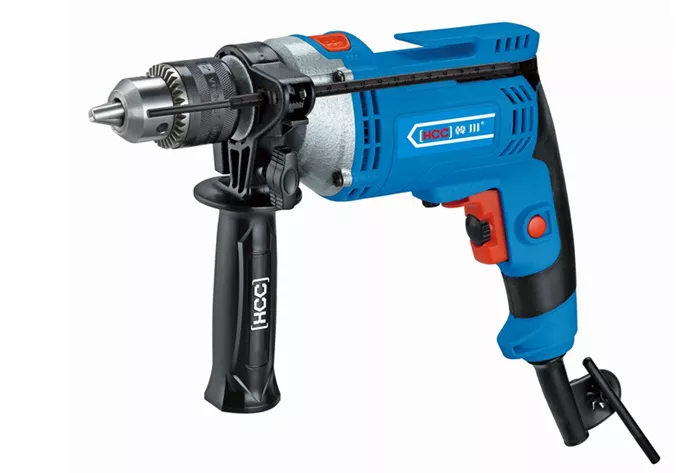Daemar’s extensive range of industrial components includes wave springs—flat-wire alternatives that outperform traditional coil and disc springs in many applications. While conventional springs remain suitable for some engineering tasks, wave springs provide distinct advantages, including precise force control, space efficiency, and reduced vibration. Engineers must evaluate factors such as force consistency and load capacity when selecting the right spring for their needs.
Key Benefits of Wave Springs
Space Efficiency
Wave springs require significantly less axial and radial space than coil springs. In static applications, they often need half the working height of equivalent coil springs, making them ideal for compact designs. A single multi-turn wave spring can even replace multiple coil springs in traditional seal configurations, simplifying assembly in mechanical seals and downhole tools.
Consistent Force Across Deflections
Unlike traditional springs, wave springs maintain uniform force over a wide range of deflections. Their deflection curves feature a broader, flatter linear force region, enabling fine adjustments in applications such as fishing reels, gear sets, slip clutches, valves, and quick connectors.
Precision in Tight Spaces
For applications where space is extremely limited—such as ultrasonic motors measuring just millimeters in length—wave springs provide targeted pre-loading without requiring screws or bolts. Their compact design ensures reliable pressure maintenance in confined areas where coil springs would be impractical.
Enhanced Bearing Performance
Wave springs are also effective in pre-loading bearings, reducing endplay, and minimizing vibration. By applying a permanent thrust load, they improve bearing assembly stability, extend component lifespan, and enhance stiffness while reducing noise—critical for diesel-engine water pumps and fluid power systems.
Conclusion
Daemar’s wave springs deliver superior performance in demanding environments, offering engineers a reliable, space-saving solution for precision applications. Their ability to maintain consistent force, reduce assembly complexity, and optimize bearing performance makes them a preferred choice across multiple industries.
Related Topics:
- IR series of piston air motors suits winch and hoist-type applications
- New Sound Shield by Gast reduces sound levels in compressors, pumps
- Universal DAQ system by HBM offers high flexibility and reliability

